Export of Diesel Fuel
Diesel export is a vital component of global trade, playing a significant role in meeting the energy demands of various countries. Diesel, due to its higher efficiency and energy content compared to gasoline, is extensively used across industries such as transportation, agriculture, power generation, and marine shipping. Countries like Iran, Russia, and the United States are among the leading exporters of diesel, leveraging their abundant oil reserves to cater to international markets. The increasing demand for diesel in both developed and developing economies has established it as a key commodity in global energy markets, contributing significantly to the revenues of exporting nations.
Exporting diesel requires adherence to international regulations and fuel quality standards. Specifications like the European EN590 standard outline the necessary parameters for diesel, and exporting countries often adjust their products to meet the specific requirements of their buyers. With the global shift towards cleaner fuels, many exporters are investing in refining processes to lower sulfur content and enhance the environmental sustainability of their diesel exports. This ongoing evolution ensures that diesel remains an essential part of the global energy supply chain.
Export of Diesel Fuel from Iran
Iran is a significant player in the global diesel market, leveraging its vast oil reserves to establish itself as a leading exporter. In 2021, Iran exported approximately 7.6 million metric tons of diesel, primarily to neighboring countries in the Middle East and beyond. The country’s diesel exports have been pivotal in generating revenue, especially amidst economic sanctions that have impacted other sectors. Despite challenges, Iran’s strategic position and extensive refining capacity enable it to produce high-quality diesel, which meets international standards and caters to diverse market needs.
The Iranian government has recognized the importance of diesel exports for its economy and has plans to enhance production capacities further. By 2025, Iran aims to increase its total oil exports, including diesel, to 1.5 million barrels per day. Additionally, the country is investing in modernization and upgrading its refineries to improve fuel quality and reduce sulfur content. This commitment to quality and production efficiency positions Iran to remain a competitive player in the global diesel market, contributing significantly to the energy supply for both regional and international markets.
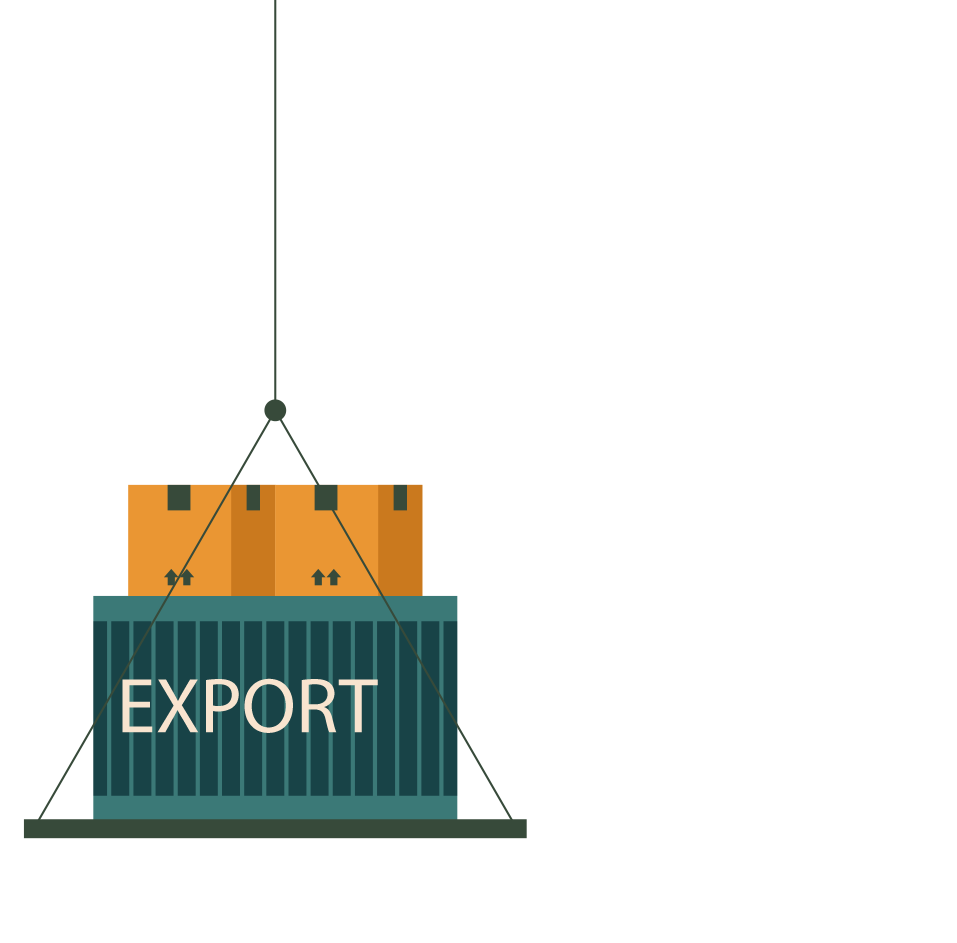
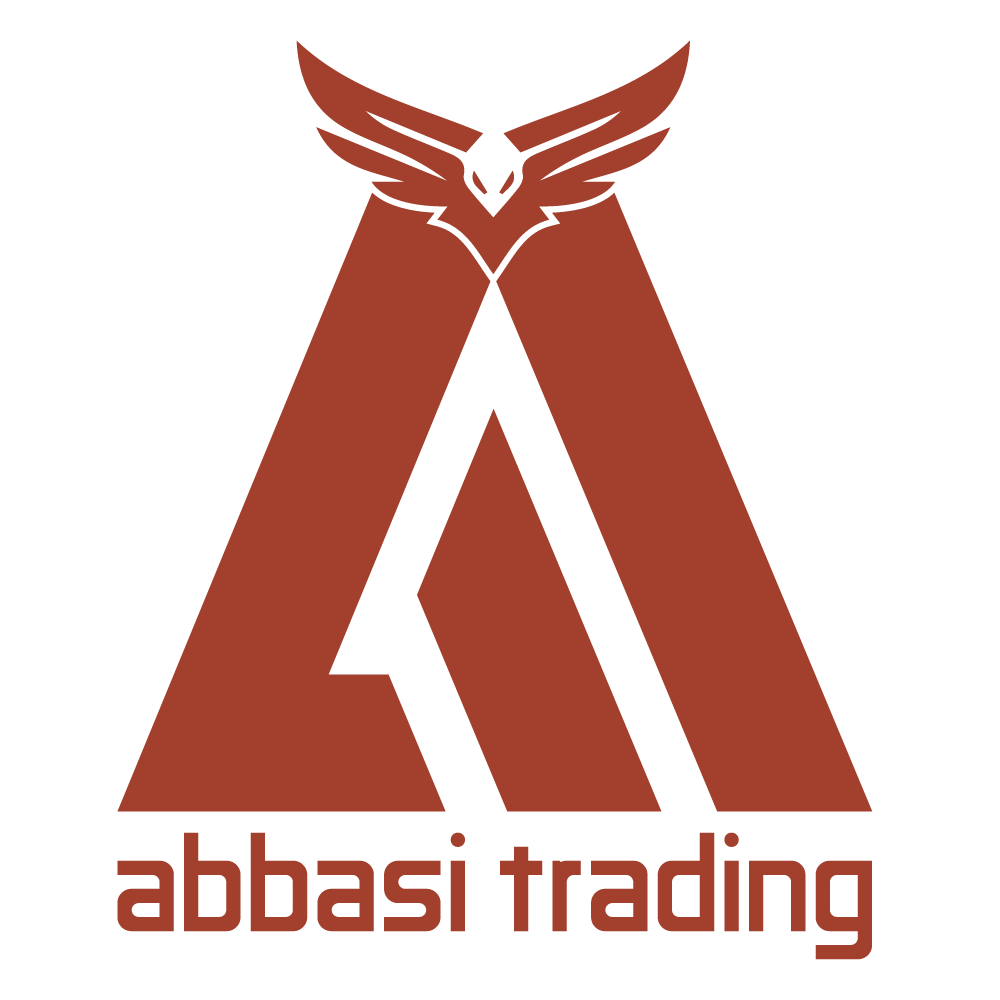
Abbasi Trading
Abbasi Trading has extensive experience in the diesel export market, making it a reliable partner for businesses looking to navigate this complex field. With years of expertise, the company has developed strong relationships with suppliers and customers, ensuring seamless transactions and timely deliveries. Abbasi Trading’s deep understanding of the market dynamics and regulations allows it to offer tailored solutions that meet the specific needs of its clients, helping them maximize their opportunities in the diesel export sector.
In addition to its experience, Abbasi Trading provides invaluable guidance to clients throughout the export process, making it quicker and more efficient. The company’s knowledgeable team is dedicated to simplifying the logistics involved in diesel export, from compliance with international standards to navigating customs procedures. By partnering with Abbasi Trading, businesses can focus on their core operations while benefiting from expert support that streamlines their entry into the diesel export market.
Types of Diesel Fuel
Diesel fuel is categorized into several key types, each serving specific purposes across various industries. Standard Diesel, divided into Diesel #1 and Diesel #2, is the most commonly used type for general diesel engines, with Diesel #1 designed for cold weather and Diesel #2 for typical conditions. Low-Sulfur Diesel plays a crucial role in reducing harmful emissions and meeting environmental regulations, ensuring cleaner air quality. Biodiesel, derived from renewable sources like vegetable oils and animal fats, offers a sustainable alternative to fossil fuels, significantly lowering greenhouse gas emissions. Finally, Marine Diesel is specially formulated for marine vessels, adhering to stringent standards to ensure efficient and environmentally friendly operations in maritime contexts. Together, these categories address the diverse needs of the diesel market while promoting sustainability and compliance with regulatory requirements.

Standard Diesel
This is the most commonly used type of diesel, crucial for general diesel engines found in vehicles, machinery, and industrial applications. It is typically classified into two grades: Diesel #1 (1-D), which is formulated for cold weather conditions due to its higher volatility, allowing it to flow better in lower temperatures; and Diesel #2 (2-D), which is more widely used under normal operating conditions as it provides better energy content and efficiency.

Low-Sulfur Diesel
This type of diesel is specifically designed to meet stringent environmental regulations that limit sulfur content. Low-sulfur diesel helps reduce harmful emissions, such as sulfur dioxide (SO2) and particulate matter, contributing to improved air quality and reduced health risks. Its use is essential for modern diesel engines, as it also enhances engine performance and longevity.

Biodiesel
A renewable and environmentally friendly alternative to traditional diesel, biodiesel is produced from sources like vegetable oils or animal fats through a process called transesterification. It can be used independently or blended with standard diesel. Biodiesel significantly reduces greenhouse gas emissions and reliance on fossil fuels, making it an important option for those looking to adopt sustainable practices in transportation and energy.

Marine Diesel
This category is tailored specifically for use in marine vessels, including ships and boats. Marine diesel must meet unique specifications and standards to ensure efficient operation in marine environments. It often contains additives to enhance performance and reduce emissions, as maritime regulations become increasingly stringent regarding environmental protection.
Overview of Diesel Fuel Export Process
The diesel fuel export process involves several essential steps: conducting market research to identify buyers and understand regulatory requirements, sourcing high-quality fuel from reliable suppliers, and ensuring it meets international standards. Logistics planning is crucial for arranging transportation and timely delivery, while accurate documentation is necessary for customs clearance. After delivery, maintaining communication with buyers for feedback and support helps establish strong relationships for future transactions.
Market Research and Compliance
Conduct thorough market research to identify potential buyers and understand demand for diesel fuel in target countries. Familiarize yourself with regulatory requirements, including import tariffs and quality standards, to ensure compliance for smooth transactions.

Sourcing and Quality Assurance
Source high-quality diesel fuel from reliable suppliers. Negotiate pricing and terms while ensuring the product meets international standards for cetane number and sulfur content. Quality checks and certifications are essential to maintain product integrity.

Logistics and Transportation Planning
Plan the logistics for transporting diesel fuel, selecting suitable methods such as tankers or containers. Coordinate with shipping companies to arrange timely delivery and manage costs, ensuring the fuel arrives safely and on schedule.

Documentation and Customs Clearance
Prepare all necessary export documentation, including the bill of lading, commercial invoice, and quality certifications. Complete customs forms accurately to facilitate smooth clearance and legal importation into the destination country.

Delivery and Post-Export Services
Coordinate the delivery of diesel fuel to the buyer, addressing any logistical challenges. Maintain communication with the buyer after delivery to handle feedback and provide post-export services, fostering trust and strong relationships for future transactions.

General Uses of Diesel Fuel
Diesel fuel plays a crucial role across various sectors, making it an essential resource in modern society. It powers transportation, including trucks, buses, and trains, known for their fuel efficiency and reliability. In agriculture, diesel fuels machinery like tractors and harvesters, increasing productivity and supporting sustainable food production. The power generation sector relies on diesel generators for backup power, especially in remote areas. In marine shipping, diesel powers cargo ships and fishing vessels, facilitating global trade. The construction industry uses diesel to operate heavy equipment, ensuring efficient project execution, while the military relies on diesel to power vehicles and equipment, ensuring operational readiness. Collectively, these applications highlight the versatility and importance of diesel fuel in enhancing economic activities and productivity.

Transportation
Diesel fuel is extensively used in the transportation sector, powering various vehicles such as trucks, buses, and trains. Diesel engines are preferred for their fuel efficiency and longevity, making them ideal for long-distance hauling and commercial freight. Additionally, diesel-powered public transportation options, like buses, provide cost-effective solutions for urban transit, contributing to reduced transportation costs and lower greenhouse gas emissions.

Agriculture
In agriculture, diesel fuel powers machinery and equipment essential for modern farming practices. Tractors, combines, and irrigation systems typically run on diesel, enabling farmers to efficiently cultivate, harvest, and transport crops. Diesel's high energy content allows for heavy-duty operations, making it a vital resource for increasing productivity and sustaining food supply chains.
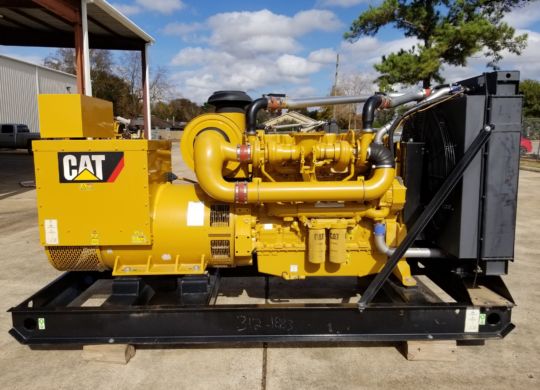
Power Generation
Diesel fuel is also used in power generation, particularly in remote areas where grid electricity is unavailable. Diesel generators provide reliable and efficient backup power for homes, businesses, and critical infrastructure during outages. Additionally, diesel power plants are used for peaking power, supplying electricity during periods of high demand when renewable sources may not be sufficient.
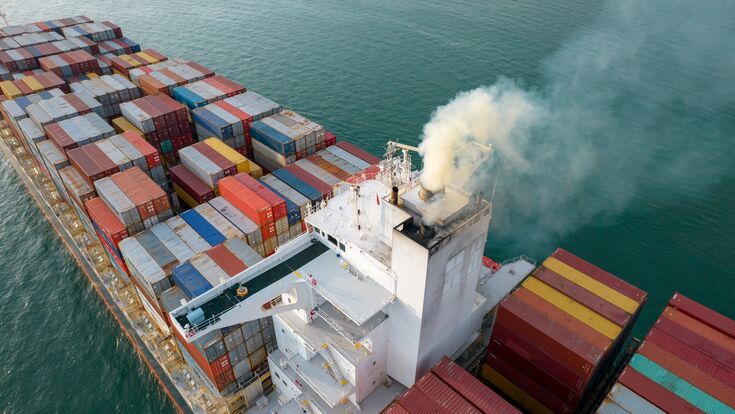
Marine Shipping
Diesel fuel is the primary energy source for marine vessels, including cargo ships, fishing boats, and ferries. Marine diesel engines are designed to handle the unique demands of maritime operations, providing the necessary power and durability for long voyages. The use of diesel in shipping is crucial for global trade, enabling the transportation of goods across vast distances.

Construction
The construction industry relies heavily on diesel fuel to operate heavy machinery, such as excavators, bulldozers, and cranes. Diesel engines are favored for their ability to generate high torque and power, essential for lifting and moving heavy materials on job sites. The efficiency and reliability of diesel-powered equipment help keep construction projects on schedule and within budget.

Military Applications
Diesel fuel is widely used in military operations to power vehicles, equipment, and generators. The versatility of diesel engines allows military forces to deploy various types of vehicles, including tanks, trucks, and aircraft. Additionally, diesel fuel is crucial for powering mobile command centers and other essential military infrastructure, ensuring operational readiness in diverse environments.
Iranian Diesel
Quality You Can Trust at Competitive Prices
Iranian diesel fuel is renowned for its high quality and adherence to international standards, making it a reliable choice for various applications. The country benefits from its rich oil reserves and advanced refining technology, ensuring that its diesel products meet stringent specifications for cetane number, sulfur content, and other essential characteristics. This quality translates into improved engine performance and lower emissions, providing significant advantages for users in the transportation, agricultural, and industrial sectors. Additionally, Iran’s strategic location allows for efficient distribution to neighboring regions, enhancing accessibility for international buyers.
Moreover, the pricing of Iranian diesel fuel is highly competitive compared to other global suppliers. With lower production costs and favorable government policies, Iran can offer attractive rates without compromising on quality. This combination of affordability and reliability makes Iranian diesel an appealing option for businesses seeking to optimize their fuel expenses while maintaining operational efficiency. By choosing to source diesel from Iran, customers can benefit from superior products at competitive prices, ultimately supporting their business’s growth and sustainability in a dynamic market.
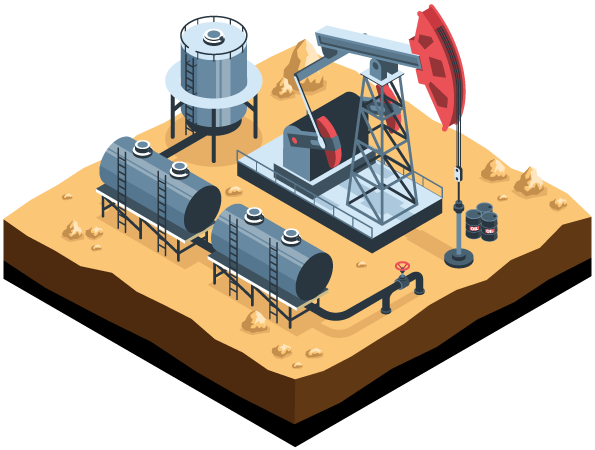
Abbasi Trading
Guiding You Through the Path of Success
Abbasi Trading, with years of experience in stone export, is ready to handle all stages of this process for you without any issues. From selecting the right stone to the final delivery, we will be by your side. Our team, with its knowledge and expertise, will assist you in confidently and peacefully bringing your quality products to international markets. By partnering with Abbasi Trading, you can rely on our quality and speed of service and enjoy success in stone exports.



